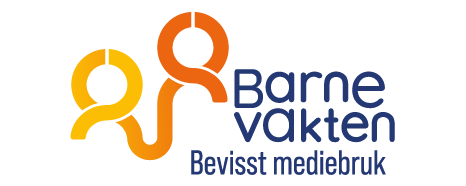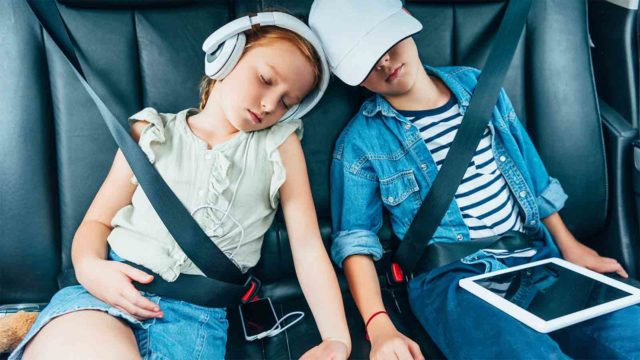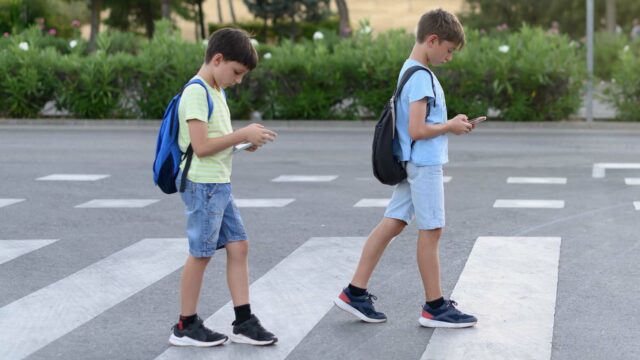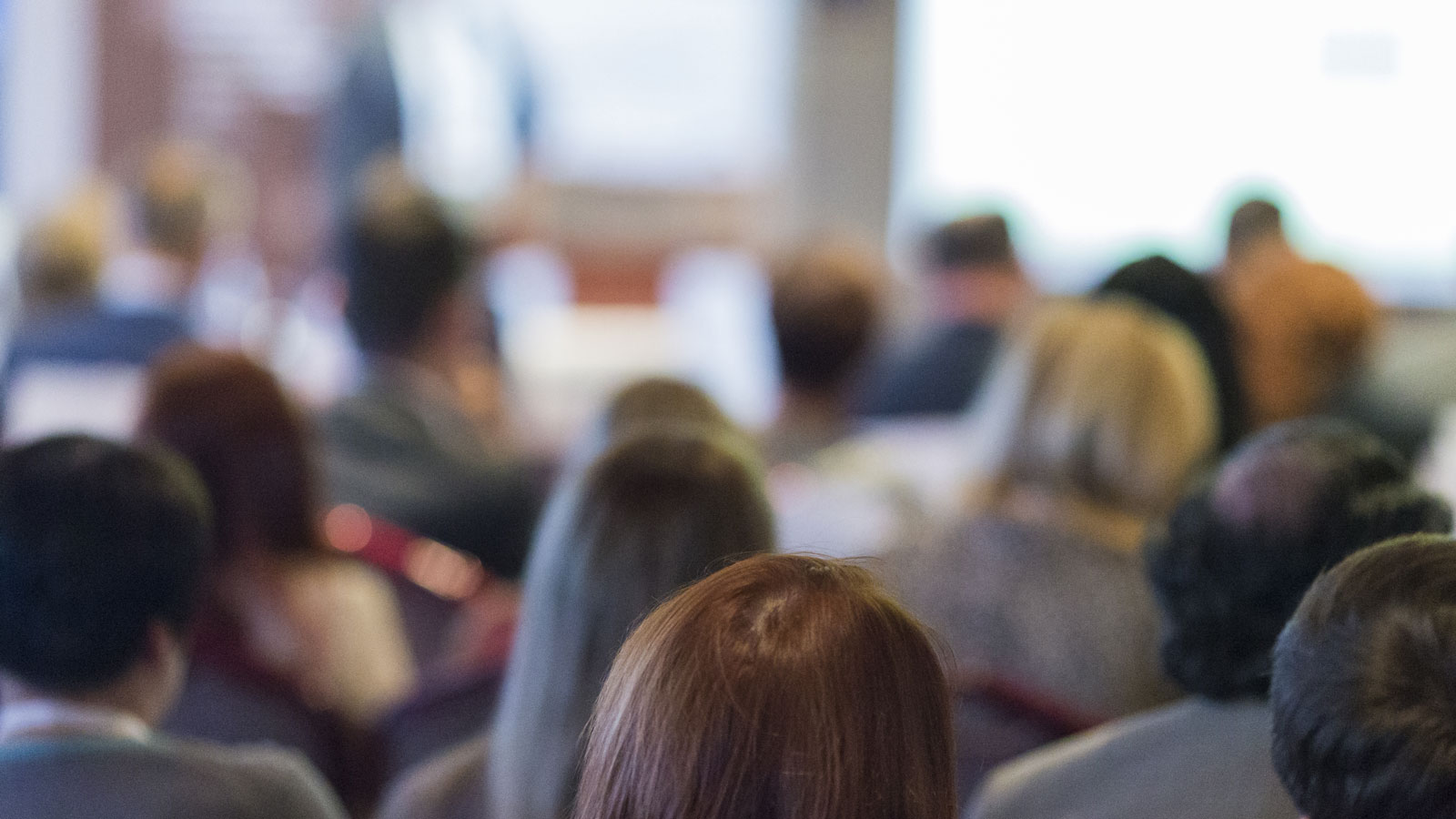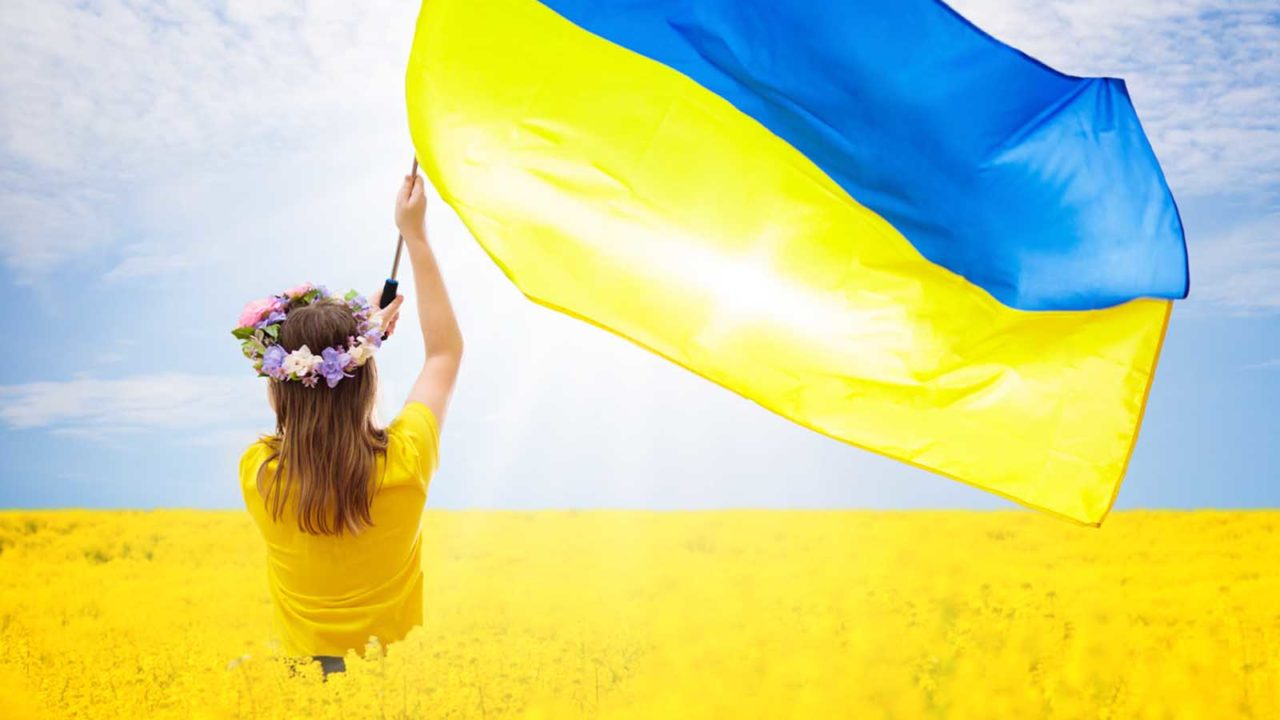
To Ukrainian parents in Norway
Here are some tips about children and their digital lives in Norway. Children from Ukraine and Norway can establish friendships also through gaming and chat.
Choose language in the Google-box below and translate to your language. Some may be flawed or inaccurate.
Welcome to Norway! «Barnevakten» is a Norwegian non-profit organization that provides tips and advice to children, parents, and teachers on safe and conscious use of digital media.
Below is some information about Norwegian children and their digital lives.
We have translated many of our articles into English. There you will also find a Google button that will automatically translate into Ukrainian. Besides, we have plenty of reviews written in Norwegian – check movies, games, and app.
It usually goes well online
Children and parents from Ukraine and Norway can establish friendship by playing video games or talking about games.
It usually goes well when children and young people use apps and play games. On «Barnevakten’s» website, you will find many tips for apps and games that are entertaining. We also tell parents if a new app is dangerous or what is negative with popular old apps. Our goal is that children can stay safe online. We, therefore, give lectures in schools and talk to people in power to do changes.
Digital life in Norwegian schools
In Norway more than eight out of ten primary school students have a personal tablet or computer provided by the schools. Often the children take their school-computer home and use it to do lessons or to chat with friends or play games.
Every Norwegian school has many digital systems for teaching, i.e., a lot of programs and apps to deal with for the children. In some of them, the parents can send a message to the teacher. In others the pupils can discuss and deliver tasks and so on.
Messages from the teacher about home tasks can often be given in the digital school system, children must check their computers in the evening.
Schools have a duty to shield children from harmful elements on their screens. Some schools have, therefore, installed a filter that removes porn or other extreme sites, but such filters are not perfect.
Every parent is automatically a member of a parent group at the school, the board (FAU) in the parent group is a connection between the parents and the school. Typically, the parents in every class also create a group on Facebook where they can communicate among themselves and deliver important messages. There is no obligation to participate in such a digital group, but you can miss a lot of information if you are not in the group. Generally, the language of the group is Norwegian. However, it is easy to translate on Facebook or with help from Google Translate in the browser.
Goals and culture
Norway has many of the same goals as schools in Ukraine and is committed to teaching about democracy, respect for the views of others and so on. The authorities in Norway have not given teachers detailed plans for what is to be taught, but they have given overall goals for each topic. The teacher can choose textbooks himself or create his own teaching and use digital presentation.
The children have many rights in Norwegian schools. For example, they have the right not to be bullied. In Norway the government and the schools are alert about bullying, in most cases you will get good help to deal with the problem. If the bullying happens at school, the school are obligated to take action.
In Norway, children are used to participate before decisions are made, and it is not uncommon for them to start negotiations with the teacher or the parents several times each day.
But the schools also have rules. In some schools, children must deliver their phones to the teacher in the morning and they do not get them back before they are going home. In other schools the phone must be in the schoolbag during school time.
Social media and children in Norway
Many Norwegian children have a smartphone from early age and many use social media. If your child wants good contact with the rest of the class, then use of social media is important. But at the same time your child will be exposed for bad movies, fake news and so on. Parents can take a closer look at the settings in every app to reduce the risk.
7 out of 10 Norwegian parents say that children below 13 years should not use social media. Still, 4 out of 10 children between 6-9 years and 8 out of 10 in the age 9-13 years use social media. (The survey in Norwegian.)
Tablets in kindergarten
Also in kindergarten the children use tablets.Most Norwegian parents with children 4-6 years old are positive about children’s use of digital screens, but they are afraid that the screen is stealing time from physical games and activities. (The survey in Norwegian.)
Have the plan ready
It is important that the child comes to you if he or she experiences something negative online. There are some children and young people who do not talk to their parents in such situations. Therefore, it is important to show positive interest in the child’s digital life every day so that it becomes natural for the child to contact you if something negative should happen.
In addition to the positive daily contact, you can put together a plan for what the child should do if something negative happens such as bullying, threats, or unfortunate mistakes.
There are several possibilities when something negative happens:
- The child can walk away from the machine and contact you
- You can take on-screen evidence (take a screenshot)
- The child can stop the chat
- You can block the user
- You can notify the channel that the user is breaking the channel’s rules
- You can contact the parents or the teacher to the child that is doing something negative
Many children are afraid that if they tell a negative happening to their parents, the parents may take away their computers or phones. Tell your children that you will not take the devices away and that they can safely tell you also about what can be uncomfortable or difficult to deal with.
What is fun online?
Remember that is much fun to do with gaming, movies and apps. Every week «Barnevakten» is telling about new fun things to do, read our reviews (in Norwegian).
Questions about children and media
If you have questions about children and the media, contact us and we will try to answer you. We also want to hear from parents from Ukraine about what they need to be able to help their children to be safe online in Norway. Email: post@barnevakten.no. Phone: 53 00 95 30.
(Foto: Shutterstock / FamVeld.)
